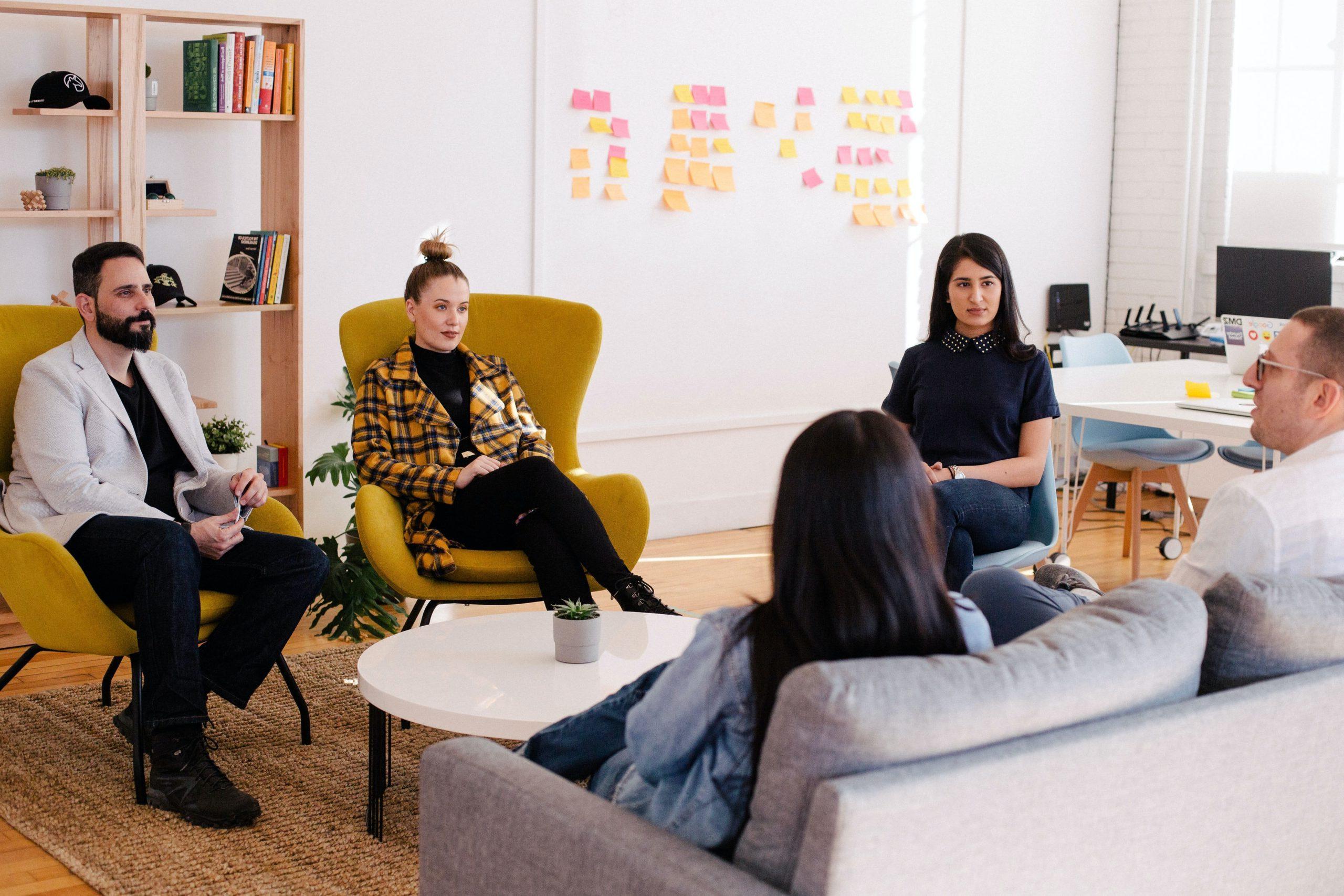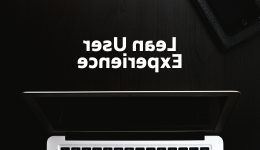
“与用户体验研究中的偏见作斗争”是我们的创伤信息设计博客系列的第2部分. Read the first ‘trauma-informed design’ blog.
偏见是禁忌,但假装你从未有过偏见,不需要改变,那就更糟糕了. If you’re intrigued by your own biases, have a look at 这个工具.
It helps me to realise that most people of my type (white, 中产阶级, raised in the 80s) were brought up in a racist, 性别歧视的, 同性恋的社会. That doesn’t mean we are all bigots, but those opinions live on in ways we need to work hard to notice.
研究与设计, like 过y other part of our society, are influenced by our patriarchal and imperialist history – that is, they tend towards a dynamic w在这里 we as designers hold power, 我们的目标接受者被置于一个较低的角色"我们知道什么对他们有好处" "他们应该心存感激". 希拉·麦凯尼基金会提出了类似的权力动态问题,即社会部门组织如何为社会变革而工作 you can see their project 在这里.
想象一下,一位维多利亚时代的人类学家(可能戴着一顶愚蠢的帽子)观察并破坏了一种土著文化, 传播他们的细菌,并严格地将他们的道德价值观应用于他们所看到的并做出相应的判断. While we’re not consciously behaving this way, 我们需要注意,这些偏见可能在我们的头脑中免费生活——我们需要努力平衡权力平衡, and create a dialogue rather than ‘observing’ and ‘broadcasting’.
As user-centred practitioners, we should always be striving to evolve our methods, 当然,我们会陷入困境——我们在一个项目中尝试一种研究方法或车间技术, 当一切顺利时, we tend to repeat that practice over and over again.
I know some ruts I’m likely to fall into. 虽然不是每件事都是可怕的罪行(或由我的成长造成的),但还是有影响的.
‘Hiding’ the research plan from participants
我不是故意的! I’m not the most naturally organised person, so I’ll keep adding to a research plan until the last minute. 连锁反应是我不能提前给参与者看. 再加上这一点,传统的研究并不优先考虑对参与者的透明度. This might increase their anxiety, 也不让他们有机会考虑,从他们的经历中,什么可能对他们有用. 而不是, we’ll hear about what they can remember from the top of their head, missing potentially important intel.
什么是更好的?
Be transparent with your participants. 让他们知道你在计划什么问题或讨论,以及他们能做出什么贡献. 告诉他们可能需要多长时间,并加强他们随时撤军的权利.
Recruiting the ‘easy to get’ participants
This is probably the most common issue I’ve seen, particularly for the charity and social sector, 因为如果你可以通过现有的关系找到参与者,那么花钱招聘会让人觉得很疯狂. 这样做会导致用户体验研究结果以我们知道的方式和我们不知道的方式产生偏见. 当然, 已经了解你的组织的人对你有一定的了解, but we’re reinforcing our bias against those who don’t know you.
什么是更好的?
A hybrid approach to recruitment, using specialist agencies like 标准 or 智慧 寻找“陌生人”,以及你已经从CRM数据库或邮件列表中认识的人.
Following your curiosity
Qualitative research thrives on natural conversation, 作为一个研究人员, 你在寻找“宝藏”(能激发想法和解决方案的有价值的见解). 然而, 你很容易陷入一个与你的调查范围无关的宽泛话题, 和真正的, you’re just being nosey. You could leave participants feeling invaded or exploited.
什么是更好的?
Natural questioning and pursuing ideas is important, but when writing a research script, 我总是把它做成表格, 然后加上列, ‘Why are we asking this?’. 这将你的问题与清晰的目标联系起来,你可以预先告诉你的参与者. If a question occurs to you during a session, you can ask yourself the same thing – how does it relate to your objectives? Do you really need to know?
在谈话中突然想到一个好主意,然后即兴提出
This isn’t the worst thing and can spark off a great conversation. 然而, 我刚刚想到的“好主意”可能需要一整艘装满服务器的货船来运行, 在现实中, 从来都不是, 过, 会发生的. I could be causing immense excitement, followed by horrible disappointment to the participant, 特别是如果这个想象中的服务可以给他们或他们家庭的生活带来很大的不同.
什么是更好的?
Have that lovely open conversation, 但要不断提醒你自己和你的参与者,这都是天上掉馅饼. Talk about the barriers, if you know what they might be. 对于参与式设计会议,约束往往会激发出更多的创意.
I 💜 formative semi-structured interviews
T在这里 are good reasons why. 很容易做出错误的假设,并相应地组织你的研究(例如, 要求参与者完成一项他们在现实生活中永远不会做的任务. 他们只会很友善,并同意你的错觉,认为这是人类会做的事情). 然而, research isn’t one-size-fits-all.
什么是更好的?
形成性研究可以从良好的坚实的框架中受益,以确保你从一系列参与者那里收集到好的证据. 例如, a diary study with specific questions to answer, 或者是“时间轴”方法,要求参与者描述一段长期经历的不同阶段. 这种结构可以帮助一些参与者理解并有效地做出贡献. Varying methods can ensure you’re reaching a more diverse audience.
Loading the research at the front of the project
我喜欢形成性研究,因为它为整个项目定下了基调:我们在共同理解我们要接触的人以及为什么它很重要的情况下团结在一起. 然而,这些参与者可能在这些会议上向我们提供了很多他们自己的信息. They might have shared life-changing and difficult life experiences with us. To not honour that contribution with a longer term dialogue, 将他们排除在项目后期对想法进行更功能的测试之外,不仅会让我们失去更好地了解数字产品的机会, but could leave them wondering why they bared their souls to us.
什么是更好的?
重要的是要考虑我们能为参与者的贡献提供什么回报. 我们至少可以向他们展示我们的想法,让他们继续成为对话的一部分. 现实情况是,我们的预算有限,永远无法完成我们想做的所有研究和改进. Good project planning and budgeting always helps. Revisiting participants saves some of the time and energy needed to recruit, as well as it being the right thing to do for the participants.
Don’t let your biases stop you
我能做的最糟糕的事情就是被自己的失败吓倒,以至于我避免与参与者一起研究.
我认为 任何 研究(假设我们遵循体面的保护实践)总比没有好, even if it’s a conversation with your sister-in-law about how Gift Aid works.
我们在故事中茁壮成长. 它们促使我们采取行动和改变,研究给了我们一个又一个强有力的故事. 如果我们都在努力改善我们找到他们的方式,如果我们明白我们的参与者是平等的, experts and co-creators, then the stories will be more truthful and our ideas more likely to succeed.







